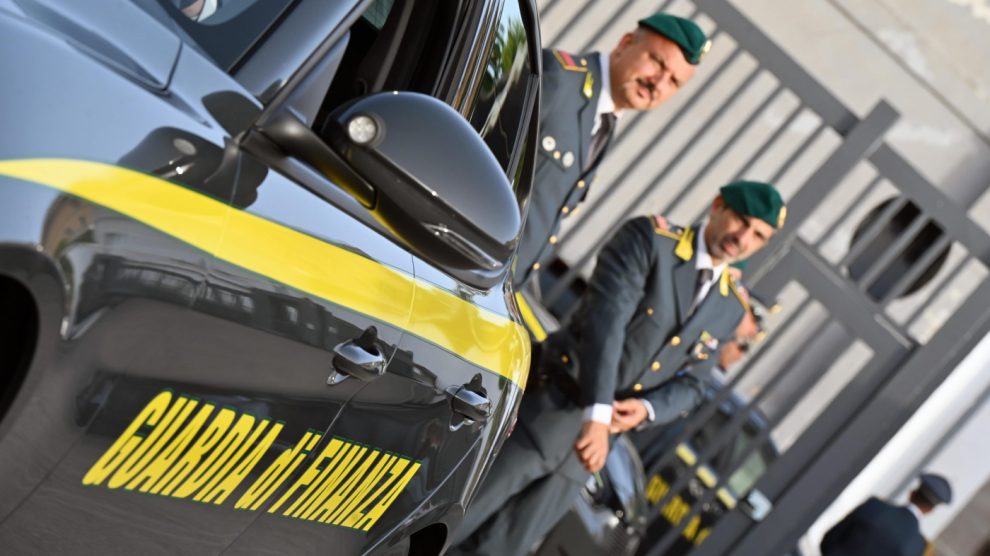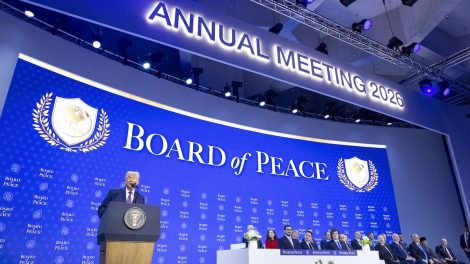The “China Truck” trial slows down – again. From 2011 to 2018, police forces in Prato – which houses one of the world’s largest Chinese diasporas – began an investigation that over the years brought to light what appears to be a complex and sprawling criminal organisation. A group of 38 Chinese citizens (all of which have returned to China) was charged with a series of offences including extortion, usury, drug dealing, exploitation of prostitution, gambling and mafia-like criminal association.
- Over four years have passed since the blitz with 33 arrests, 60 charges, an avalanche of searches in and outside Italy. Since then, several occurrences and glitches have repeatedly halted the process – so much that the trial never started.
A bumpy road. Local news outlet Notizie di Prato reported on Monday that “the list of telephone calls to be transcribed” in the trial documents disappeared somewhere “in the virtual journey between the anti-mafia district prosecutor’s office in Florence and the court in Prato.” It’s just the latest in a long series of incidents, such as 56 folders disappearing mysteriously, difficulties in finding interpreters to translate the hundreds of wiretaps and technical mishaps.
- A year and a half has passed since the first hearing of a spin-off trial, which focuses on a group of Chinese citizens who allegedly controlled the movement of goods in and out of oriental companies scattered throughout Europe, dictating what transport companies to use. That, too, has been postponed by another three months.
What’s next? Barring any other hindrances, court proceedings will only start after the large number of defending lawyers have had their say. And the judicial work promises to be both titanic in scope and time-consuming: there are hundreds of phone calls, some short and others long, some in common Chinese and others in various dialects. In the meantime, the trial will not be able to start because a large part of the investigation is based on telephone tapping.
- The main defendant in the trial is Zhang Nai Zong, the 62-year-old entrepreneur believed to be the head of the organisation based in Prato, Florence and Rome, regulated the transfer of Chinese goods through the control of transport companies.
- This activity wasprofitable enough to trigger a territorial war between bands, shippers and companies that caused at least two murders in 2011 – the spark that kickstarted the whole investigation.
MPs chime in. On Wednesday, Chiara La Porta, the Prato-based MP for the ruling Brothers of Italy party, filed a question for Justice Minister Carlo Nordio, asking him to carry out an investigation. “It is disconcerting that a trial, the first in Italy to challenge the mafia-type criminal association of Chinese citizens […] has not yet taken its course for repeated technical reasons, precisely in light of the legal weight it has, or rather, should have,” she said in a note.
It’s a crucial time, as the government in Rome is considering whether to exit China’s Belt and Road Initiative – which, among other things, bolsters the commercial route from the Far East to Europe. Prime Minister Giorgia Meloni (who has signalled her willingness to leave the deal) will likely discuss the issue when she meets United States President Biden on June 27.





